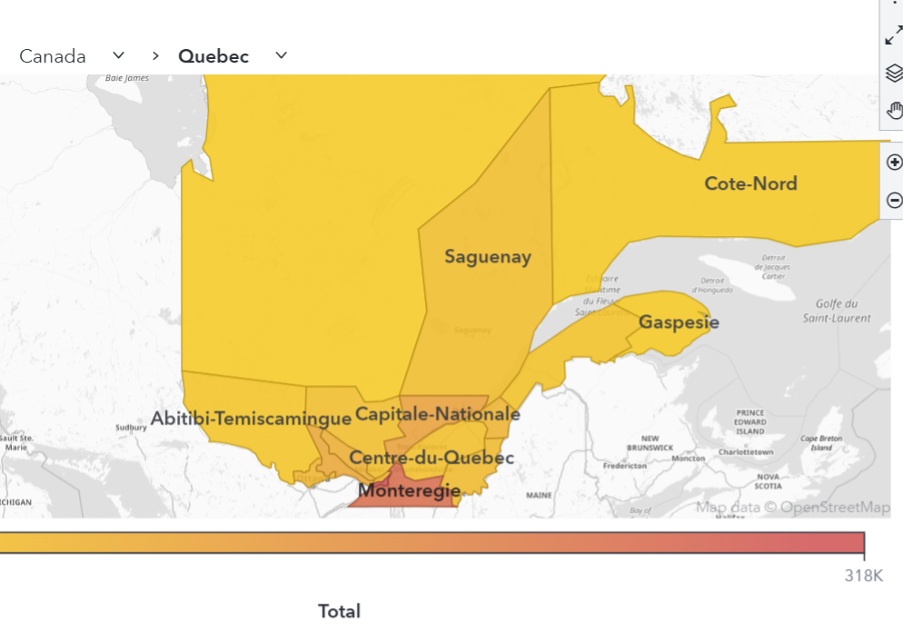In 2014 on my book tour for The Visual Organization, I spoke at Netflix headquarters in California. Unfortunately, I immediately committed quite the gaffe: I misquoted the percentage of US Internet traffic that stems from the streaming giant. I erroneously quoted one-fifth but the number at the time was one-third. (It is now 37 percent.)
Watch for yourself here.
More than one person in attendance immediately corrected me and, in hindsight, I'm glad that I made the mistake. It illustrates the importance of data literacy – and not just for quants and traditional statisticians. In this post and the next, I'll examine this very topic.
What is data literacy?
To me, data literacy begins with recognizing the fact that all data potentially matters. I'm not just talking about structured data. Rather, unstructured, semi-structured and metadata can be particularly valuable with the right tools.
More than that, though, data literacy represents the ability and willingness to act on what the data tells you – even if it contradicts conventional or long-held notions. As a prime example, Google's HR department stopped using applicant grade point average (GPA) for certain positions. Why reject what is commonly thought to be gospel in HR circles?
You guessed it. Because the data just didn't support it. From a Quartz piece:
We did a bunch of analysis and found that grades are a little predictive your first two years, but for the rest of your career don’t matter at all.
As a corollary and as I write in my book, data literacy means building new tools when needed to gather, understand and analyze data. Netflix is a great example. The company routinely builds its own data analysis and visualization tools to help it make sense of new data sources.
Who has data literacy?
As I've written extensively on this site, Amazon, Facebook, Google and Netflix have data literacy in spades. In these companies, you'd better bring data to your argument. That is, in these organizations, the highest paid person in the office (HiPPO) doesn't necessarily win the argument by sheer virtue of his or her title.
Sure, there are others, but these are clearly the most prominent and – by no coincidence – some of the most successful.
Simon Says: Data literacy helps build and sustain moats.
I predicted back in May that US data privacy regulation was imminent. I may have been right about that one. (See California's recent law.) Greater restrictions on what companies can do with data, however, won't decrease the import of data literacy. In fact, I could argue the opposite: Faced with greater restrictions, the most data-literate companies can extend the moats that they've built separating them from their competition.
Feedback
What say you?
Read my next post, where I address two more critical questions regarding data literacy.






